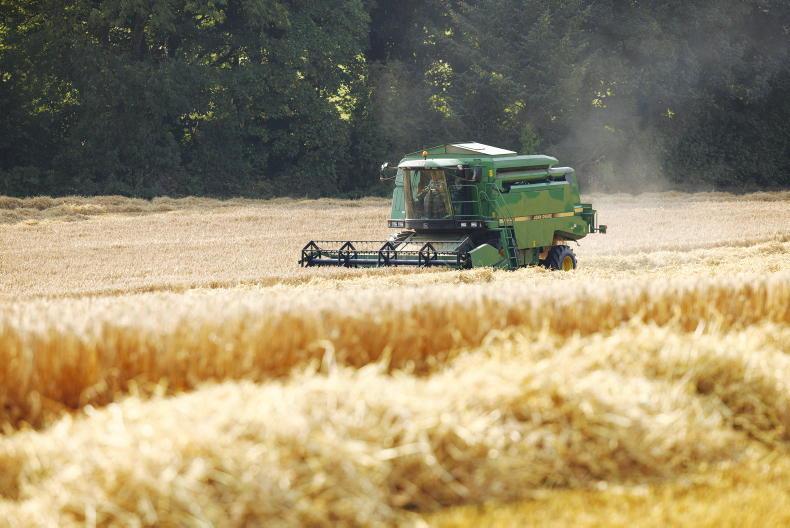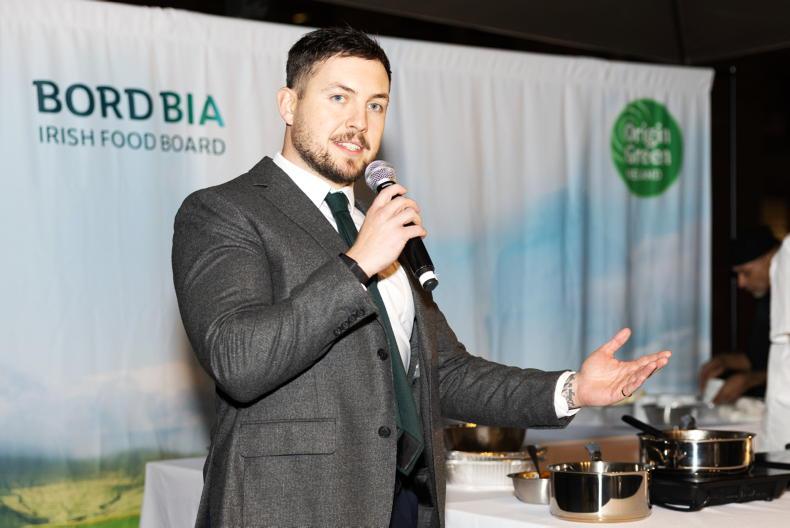This week, US vice president JD Vance declared in an interview with UnHerd this week that there’s a good chance we’ll come to a great agreement that’s in the best interest of both countries.
If that is achieved it would be something of the holy grail for UK trade policy post Brexit.
Deals with Australia and New Zealand were negotiated in a very short time as the UK were able to give both countries more or less what they wanted in terms of access for beef, sheep meat and dairy.
More to trade deals than tariffs
Based on this experience it is reasonable to conclude that preferential tariffs wouldn’t be a problem for future trade with the US either. However, there a couple of major problems with US meat and dairy and that is that they the US industry generally uses hormones to maximise yields. Also, they use a chlorine based wash on carcases to eliminate contamination. Both of these are banned in the UK and EU and this rule has acted as a trade barrier.
It has been a long running issue with Canada as well and in fact led to the collapse of the trade negotiation between Canada and the UK. President Trump too has called this out several times in relation to trade with the EU countries while the UK committed to no change on the policy with hormones or chlorine wash post Brexit.
Deal breaker
If this was a deal breaker in the UK-Canada trade negotiation, it seems inevitable that it will also be an issue for the US. This is where it gets complicated for the UK.
Getting a trade deal with the US is the ultimate prize for the post Brexit period but it is difficult to envisage the US settling for preferential tariff access for non-hormone meat or dairy, and virtually the entire US meat processing industry uses the chlorine wash to remove contamination from carcases.
The EU and current UK position on hormones is that they are banned from production systems under what is described as the precautionary principle which basically means that it hasn’t been proven that they can do no harm. This didn’t stand up at the WTO when the US took an action against the EU 20 years ago, so on this occasion President Trump could rightly claim that science is on his side.
As for the chlorine wash, the EU approach is that greater care is taken with carcase dressing to avoid contamination rather than washing it away afterwards.
Major concession required by one of the parties
The upshot of all this is no matter how much the vice president speaks about the common interests of the UK and US, when it comes to negotiation, one of the parties will have to concede on the hormones and chlorine wash issue.
A possible third way is that a trade deal could be negotiated without agri products being included. However given the position already taken by Canada and the fact that it was a major cause of the stalemate in the US-EU negotiation back in 2016, prior to President Trump canceling the talks, it is difficult to see how the UK-US trade talks could achieve a meaningful outcome with out resolution of the hormones and chlorine wash issue.
Read more
How US farmers are exposed in China trade war
First signs of turbulence for US exporters
This week, US vice president JD Vance declared in an interview with UnHerd this week that there’s a good chance we’ll come to a great agreement that’s in the best interest of both countries.
If that is achieved it would be something of the holy grail for UK trade policy post Brexit.
Deals with Australia and New Zealand were negotiated in a very short time as the UK were able to give both countries more or less what they wanted in terms of access for beef, sheep meat and dairy.
More to trade deals than tariffs
Based on this experience it is reasonable to conclude that preferential tariffs wouldn’t be a problem for future trade with the US either. However, there a couple of major problems with US meat and dairy and that is that they the US industry generally uses hormones to maximise yields. Also, they use a chlorine based wash on carcases to eliminate contamination. Both of these are banned in the UK and EU and this rule has acted as a trade barrier.
It has been a long running issue with Canada as well and in fact led to the collapse of the trade negotiation between Canada and the UK. President Trump too has called this out several times in relation to trade with the EU countries while the UK committed to no change on the policy with hormones or chlorine wash post Brexit.
Deal breaker
If this was a deal breaker in the UK-Canada trade negotiation, it seems inevitable that it will also be an issue for the US. This is where it gets complicated for the UK.
Getting a trade deal with the US is the ultimate prize for the post Brexit period but it is difficult to envisage the US settling for preferential tariff access for non-hormone meat or dairy, and virtually the entire US meat processing industry uses the chlorine wash to remove contamination from carcases.
The EU and current UK position on hormones is that they are banned from production systems under what is described as the precautionary principle which basically means that it hasn’t been proven that they can do no harm. This didn’t stand up at the WTO when the US took an action against the EU 20 years ago, so on this occasion President Trump could rightly claim that science is on his side.
As for the chlorine wash, the EU approach is that greater care is taken with carcase dressing to avoid contamination rather than washing it away afterwards.
Major concession required by one of the parties
The upshot of all this is no matter how much the vice president speaks about the common interests of the UK and US, when it comes to negotiation, one of the parties will have to concede on the hormones and chlorine wash issue.
A possible third way is that a trade deal could be negotiated without agri products being included. However given the position already taken by Canada and the fact that it was a major cause of the stalemate in the US-EU negotiation back in 2016, prior to President Trump canceling the talks, it is difficult to see how the UK-US trade talks could achieve a meaningful outcome with out resolution of the hormones and chlorine wash issue.
Read more
How US farmers are exposed in China trade war
First signs of turbulence for US exporters









SHARING OPTIONS